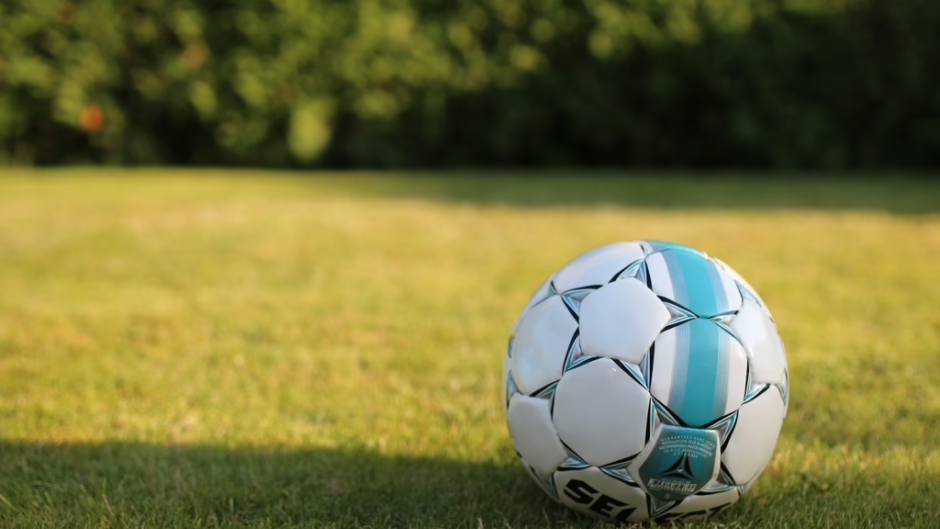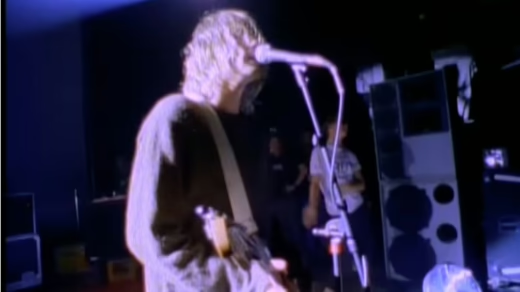We do not choose to die. But we do. It is an inevitability. It is the inevitability. Death comes for us all, some sooner and some later. Some die quietly and peacefully, some fight and rage until the last capitulation. But still we die.
Death is not honor, so much as it is science. One can die honorably only in the sense that a flower is honorable when it turns to fruit, as a rock is honorable when worn to sand by the sea . We look at the world as it is spread before us, and know that it is not for us. It will not wait for us, will not surrender to us, will not alter its existence to better suit us. Death is not honorable, because math is not honorable. They are facts.
But there is some beauty to be seen in the flower while it blooms, and some grandeur in the rock as the power of the sea crashes against it. There is — there can be — something inspiring in a death, that leaves in its wake not only the fact of mortality but some art, some grace, some hope, that leaves us willing and inspired. Willing and inspired not to fight the death that comes, but that in knowing that we march inexorably towards it, to march all the same.
This is perhaps too much to say about a soccer match. It is certainly too much to say about a soccer match. But sports are never about sports, just as Moby Dick is never about the whale. Sports exist for many reasons, all of them essentially an escapist fantasy that helps us to avert our eyes from the world however briefly, as participants or observers. But there was no Pequod, and there was no Queequeg and there was no Ahab. It was an escapist fantasy. It is an escapist fantasy. It need not be a happy world. It need not be a better world. It only needs to be one in which we do not die. In Moby Dick, everyone dies. The ship is driven into the deep by the whale. The whale does not die. And neither do we. But it was never about the whale. It was about us.
In a soccer match, half the people die. They may not die forever, but they die all the same. They lie vanquished and torn apart on the field, sprawled on the turf in agony and despair. They cover their heads with their shirts like shrouds so that we cannot see what their death looks like. What they strove to keep, they have lost. What they gave all they had to postpone, has triumphed. When a team is scored upon, to lose or draw, in the final moments, they say it happens “at the death.” They do not mentioned that if it is a substitution, a throw-in or even a rather nasty fight complete with red cards. It is not death then.
It is too much to say all this about a soccer match. It is too much to say all this about sports. Death is final. Death is tragic. Death is the end, not just for some of us, but for all of us. And by ourselves. Though the men on the Pequod sank together, they died alone. There will be no whistle that signals it. There will be no referee who raises his arms and points to a sideline. And there will be no scoreboard, no numbers that tell of victory and defeat. There will be only that tragic, final, solitary, fact.
And yet:
[RIP Vine – ed. 10 years later]
Those of us who watched Algeria play Germany watched a team that saw death approaching — a certain and irrevocable death — and did not rage against it, did not fight against what had to come, did not imagine for themselves a world in which they did not die, but rather said “This is how we die.” They played a game that was destined to kill them, that gave them no hope of survival, that invited death to come to them. They not only permitted, but provoked, the German offense to come and destroy them. And not all at once, but eventually, it came and it did.
They played not as if they were warding off their own death, but as if playing like that would have killed them sooner. They played a game that pushed them and pulled them and stretched them and exhausted them. They played as if there were no tomorrow. But not in the way that cliche usually works. Rather, they played knowing that no matter what they did, tomorrow would never come. They kept running, and opening up holes in their own defense larger and more frightening than any they opened in the German defense. They allowed the Germans to create opportunity after opportunity, to meticulously chip away, to break down the system to its components and then bring it down upon itself.
Algeria was the rock on the shore, slowly but surely being worn away to death by the ocean. It would drop giant boulders by the name of Slimani, Feghouli, Mostefa into the sea. But these would not stop the sea. They could not stop the sea, but even made the sea’s job easier. They sent Halliche and Belkalem and Taider (the first Algerian substitute, after 78 minutes), but they knew these boulders would only hasten their inevitable demise. Not even M’Bohli could keep the onslaught at bay forever. They would yield, as life must yield to death.
In embracing death, they almost cheated it. In knowing that there would be more tomorrows after today, they almost got one more. Even at the death, down 2-0 in the 121st minute of a 120 minute game, they scored. “Surely it\’s too late” John Champion said. He sounded uncertain. There was still time. Time to cheat death, live another day, postpone the inevitable.
There was not.
We all die. Death is a fact. Chasing immortality only distracts us from the life we want to live now, what we can accomplish before it comes, what opportunities we neglect in pursuing the impossible rather than embracing the inevitable. We hold on to the flower and cannot eat the fruit. We stand on the beach to look at the cliff, unaware of the sand on which we stand.
Some of us die thinking it is all about the whale. Algeria shows us that it is never about the whale. Of course a team from the showed us that it was never about the whale.






